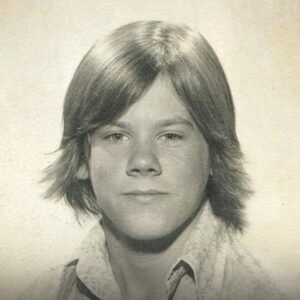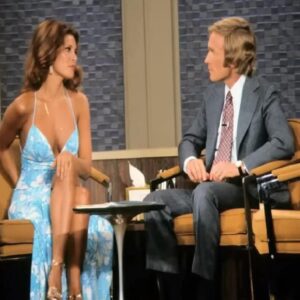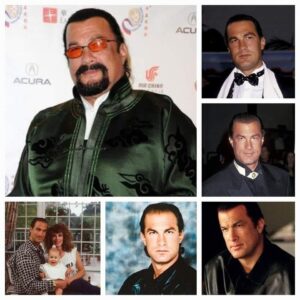Bryan Cranston is mostly known for playing the lead in Breaking Bad. However, there’s more to explore in his long career.
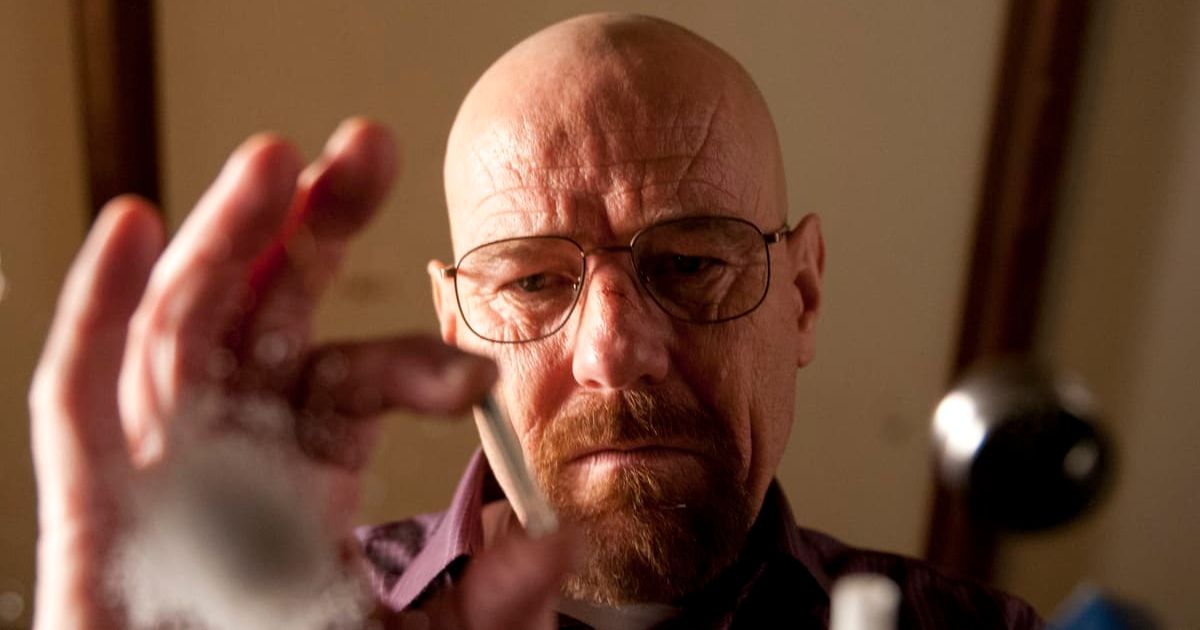
When Bryan Cranston entered the scene in 2008 when Breaking Bad was released, he wasn’t a newcomer to the industry. Years of work in TV and film had passed, but he had always stayed under the shadow of secondary performances that were far from the spotlight. The arrival of Walter White, and his complicated moral compass, was loud enough to make everyone ask themselves “Who the hell is this guy and why haven’t we seen him before?”
The exposure grew after this. Massively. Suddenly, Cranston was everywhere proving his ability to helm every genre possible. From comedy to voice performances, he was good in everything the industry gave him to participate in. What’s even better, is that he’s not showing signs of stopping. Cranston going back to the stage to portray Howard Beale in Network has been hailed as extraordinary, and this is proof that there’s no holding back his performance skills.
These are the best performances by Bryan Cranston, for now.
10 Last Flag Flying
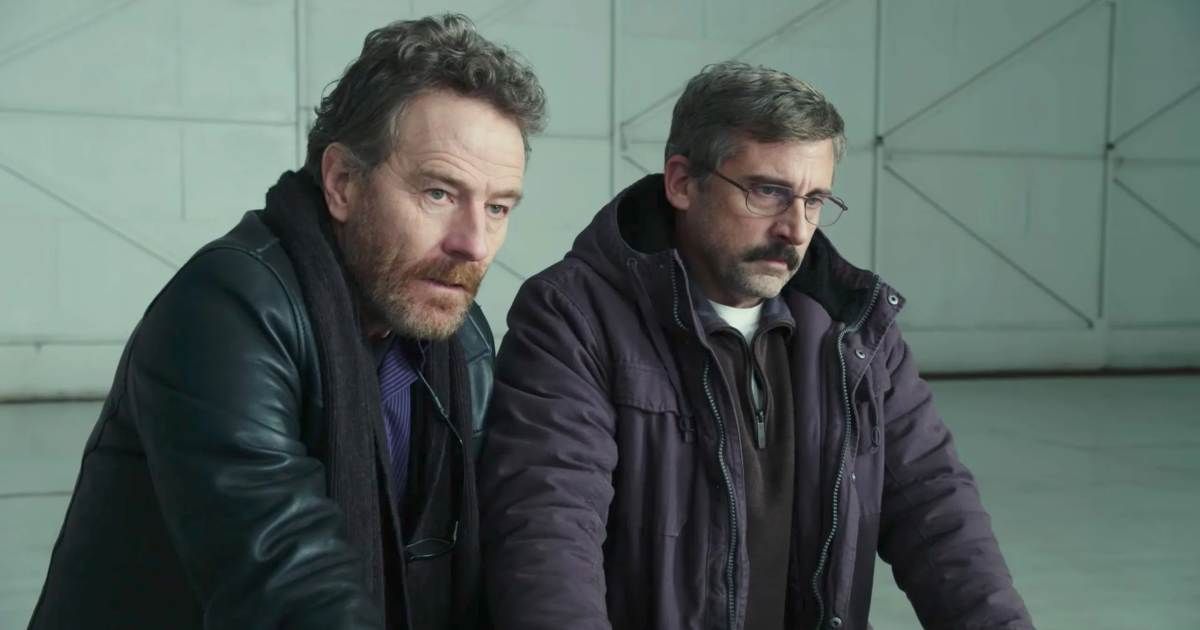
Richard Linklater’s Last Flag Flying went by unnoticed by most, but it’s a great comedy-drama piece that shows a trio of actors doing their best at portraying a frank rendition of mourning. In it, Cranston plays Sal, a Vietnam vet who alongside his former partners, goes on a journey to find a proper burial for the son of another of the vets. Sal Nealon is like the stone that holds the group firmly together and provides the necessary comic relief considering the film’s humor. It’s hard to find another actor more suitable for the role than Cranston. Once you see it, you can’t unsee it.
9 Contagion
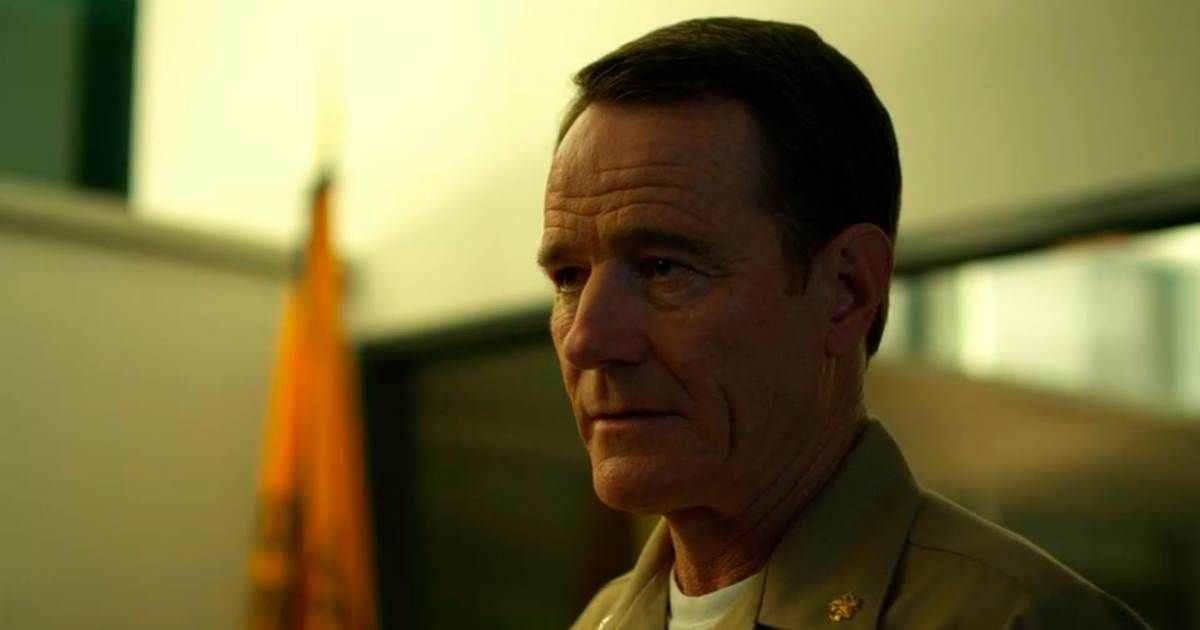
In Soderbergh’s terrific outbreak film Contagion, Cranston plays the version of the US military taking over the reins of a pandemic that was already out of control. His cold attitude isn’t as effective as it should be. Cranston’s performance as Rear Admiral Lyle Haggerty shows the vulnerable but unrevealed side of a military power that can’t come to terms with the loss. Haggerty tries to be almost robotic when giving the arguments for what they have decided to do, but you can see the panic developing inside. As little as he appears in the film, Cranston does provide enough leverage to make his character relevant in the film.
8 Sneaky Pete
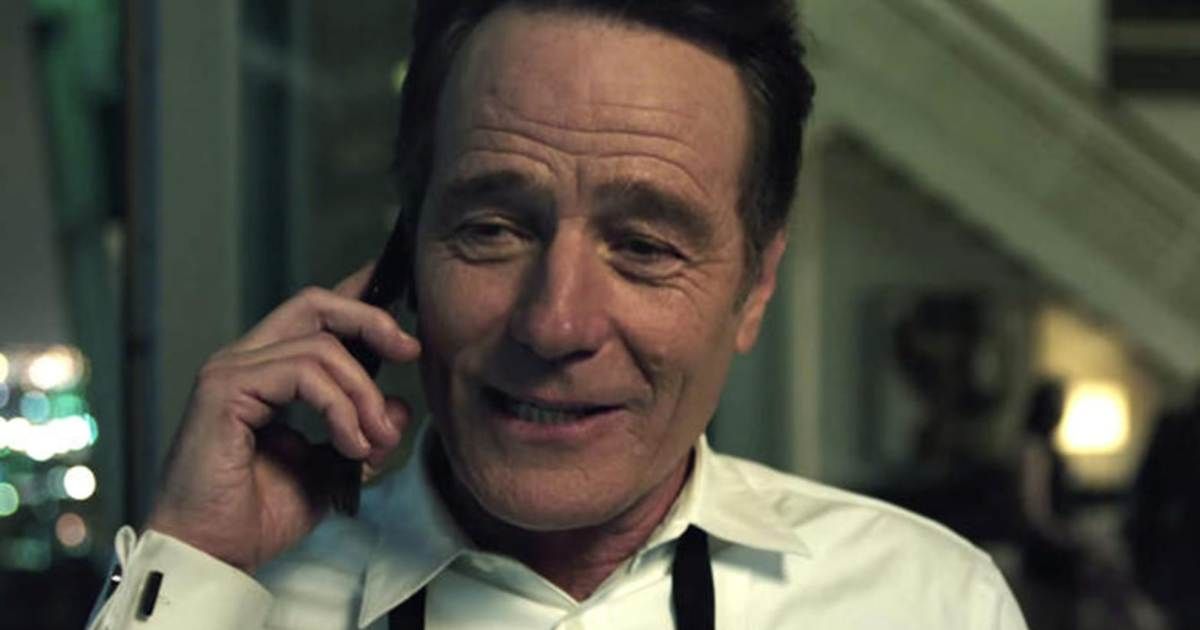
In Sneaky Pete, Cranston provides a great counterpart as crime lord Vince Lonigan. His role requires a playful attitude, a peculiar voice tone, and enough authority to clear the air out of a room in seconds. When it comes to mob bosses, Cranston is guaranteed to be near the top spot after giving the necessary substance to Lonigan’s character. It almost makes you wonder why he isn’t frequently cast as a villain. Yes, he’s a sweetheart, but the man sure can represent evil.
7 Malcolm in the Middle
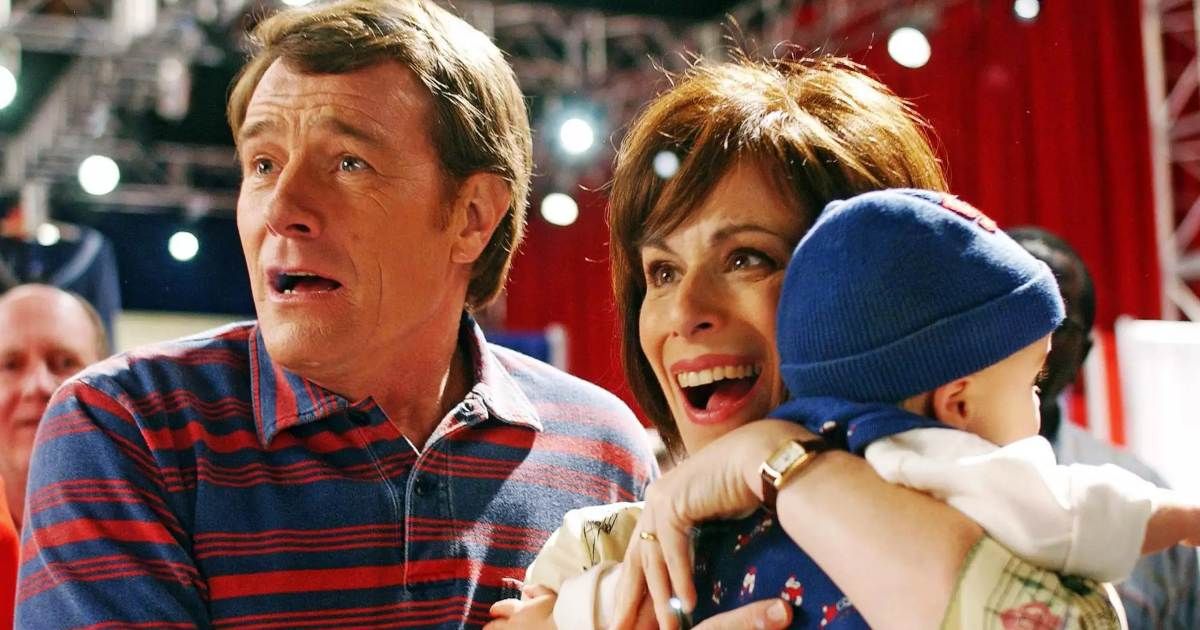
Cranston has always been vocal about playing Hal, the father of the household in Malcolm in the Middle. This didn’t necessarily make him the leader of the house as he was always under the shadow of his more sharp-witted wife. However, he provided so much balance we can’t imagine the adventures of Malcolm without his silly father trying to survive the adventures of a very peculiar family. This is one of those roles that we can’t imagine being performed by someone other than Cranston. It’s just impossible.
6 Seinfeld
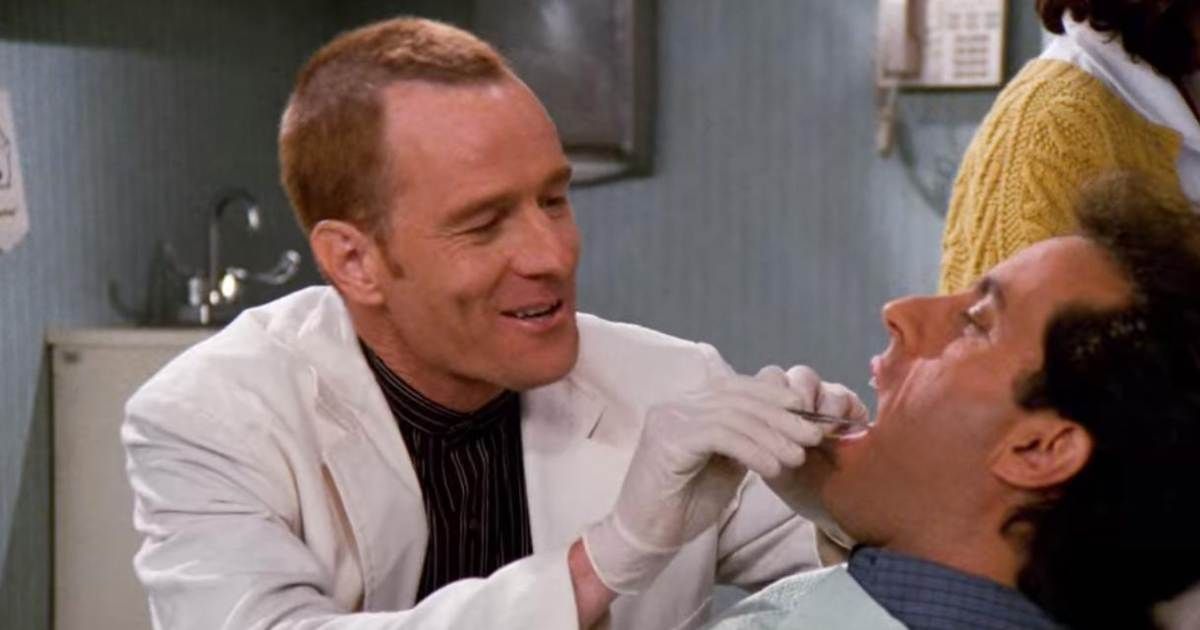
It’s hard to stay with just one version of Tim Whatley, the Seinfeld character that physically changed every time we watched him, and provided many gags as the dentist we wished we never had. Cranston was essential in designing the moral compass of a character who never lost one single battle with Jerry and his friends. He gassed the hell out of his patients (and we never knew why), and converted to Judaism for the jokes in order to get joke-telling immunity. Try to not laugh when he says “It is… CAVITY TIME!”. Yeah, you won’t be able to hold yourself.
5 The Infiltrator
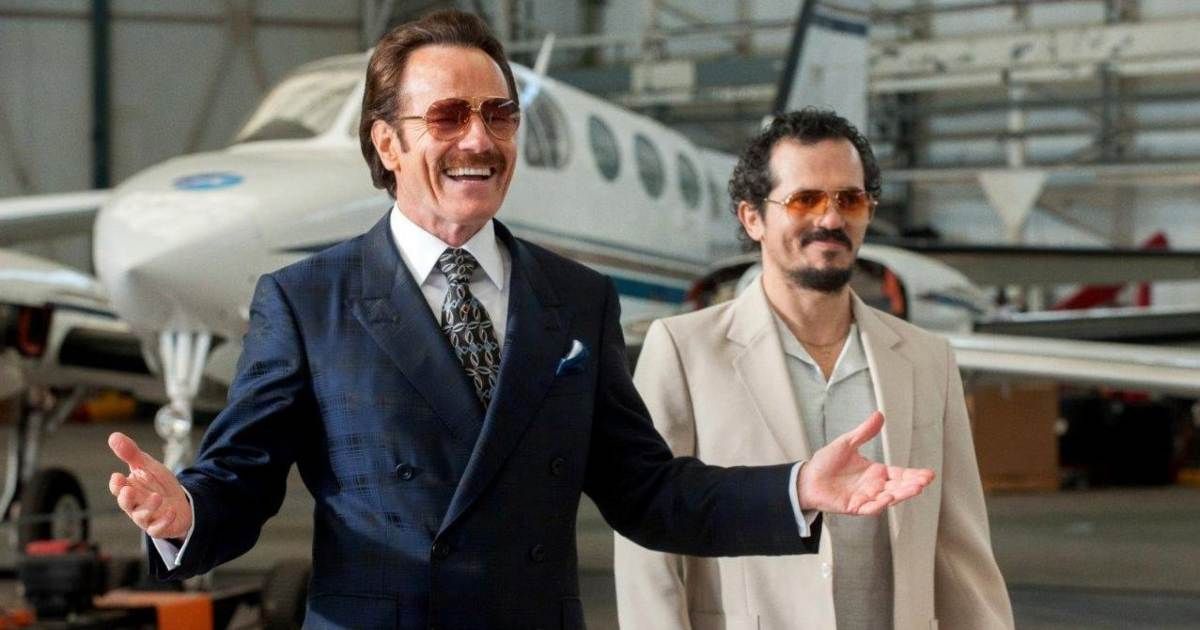
In 2016, Cranston portrayed Robert Mazur in The Infiltrator. He was outstanding in the performance where he had to go undercover and try to capture the leader of the world’s most important drug cartel. Cranston’s interpretation is great proof of how versatile he can be when playing characters that are morally ambiguous. How this went unnoticed is something we still can’t believe. The film’s a solid crime drama with a cast that felt tailor-made.
4 Drive
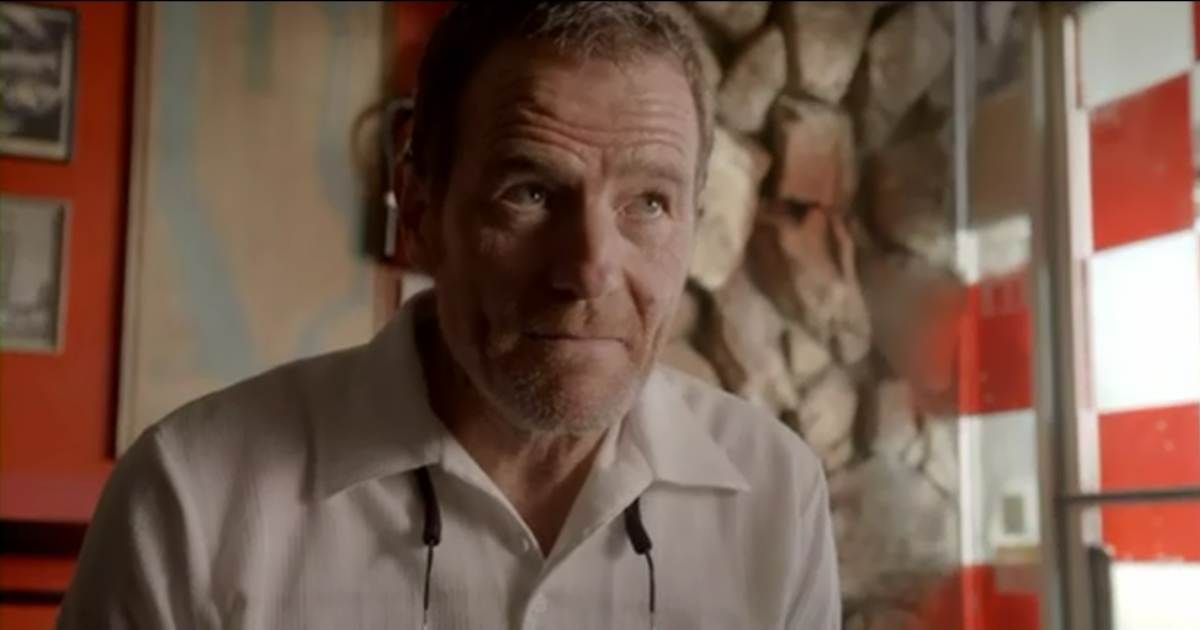
In Drive, Cranston plays Shannon, one of the few friends of the very silent hero who always remained nameless. With just a couple of scenes, Cranston was able to paint an objective picture of what the mysterious driver’s motivations were, and how far he would go in order to complete missions. This was in the middle of the Breaking Bad peak moment, and it was hard to imagine him as someone other than Walter White, but Cranston had an extraordinary moment as the collaborator of a man whose truth was never revealed.
3 Trumbo
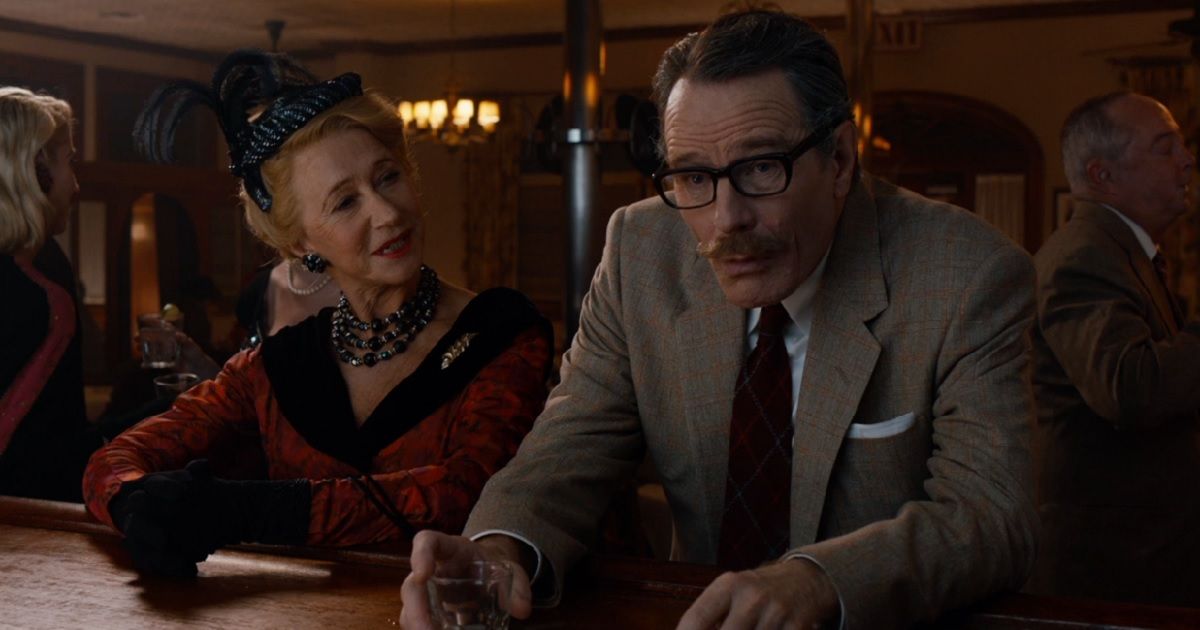
His single Academy Award nomination for Trumbo is one of his best roles, and probably his best in the film industry. Playing Dalton Trumbo, the famously banned Hollywood screenwriter, Cranston was able to expand on what little we know about the man. It’s almost impossible to find footage where we can see Trumbo, but Cranston helmed the role with the proper physicality that confirmed he was a jokester that pinched Hollywood’s most conservative side.
2 Breaking Bad
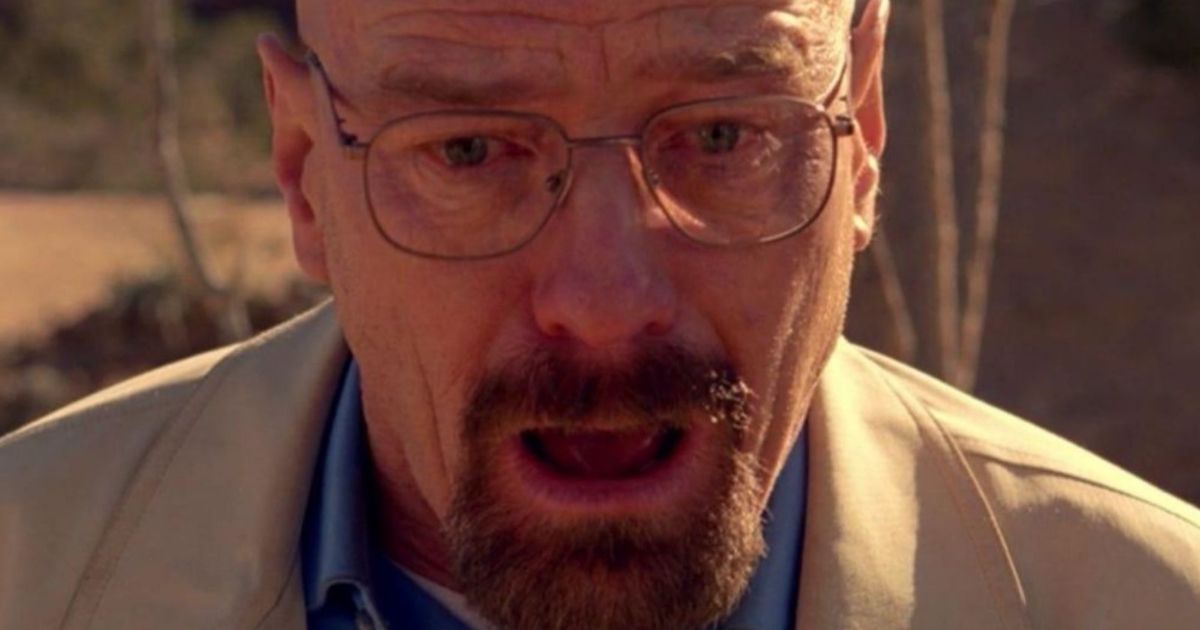
Cranston’s Walter White is one of the best characters in TV history. There’s no question about this. The cancer-stricken chemistry teacher gravitated towards something more sinister as he willingly turned into a drug dealer. When you thought White was a victim, you just had to wait a bit for the truth to come up the surface. The change in White’s morally complex soul is an astonishing example of effective character development.
1 Your Honor
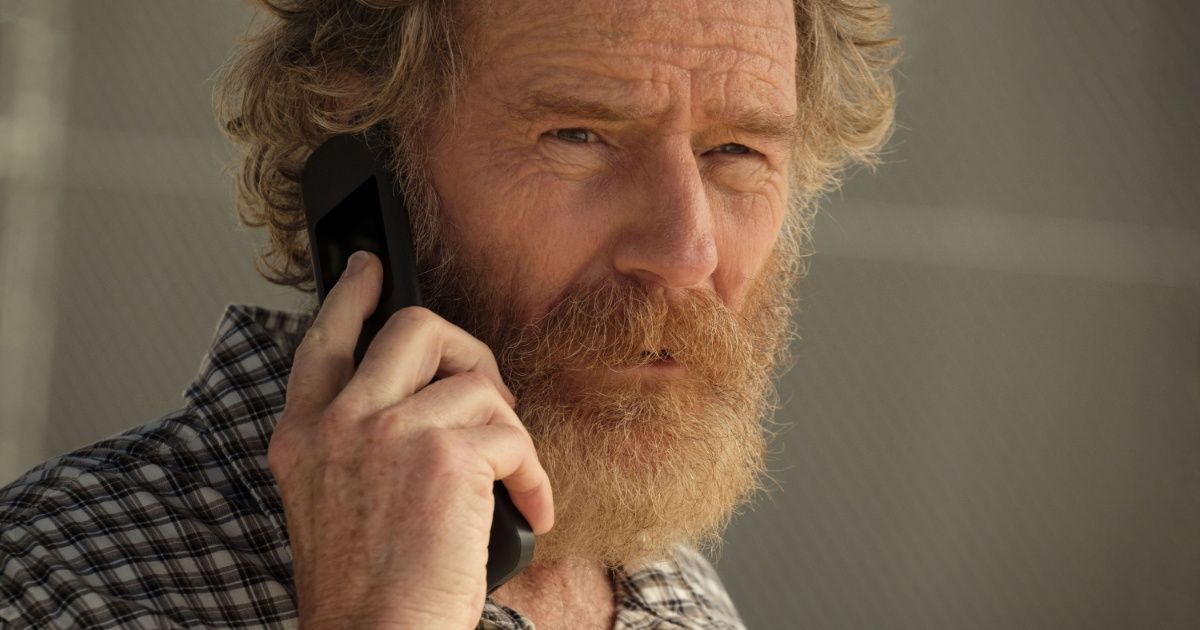
No, it’s not Breaking Bad. Cranston’s role in Your Honor represents the peak of his performance skills and the best of his whole career. You can sense the pain and fear in a character that’s willing to lose everything in order to defend his loved ones. Cranston’s growth as an actor can be evidenced in the character’s much-needed shift for Season 2. He was fearful in the beginning, and then he just aimed at being a lifeless consequence of his own acts.

